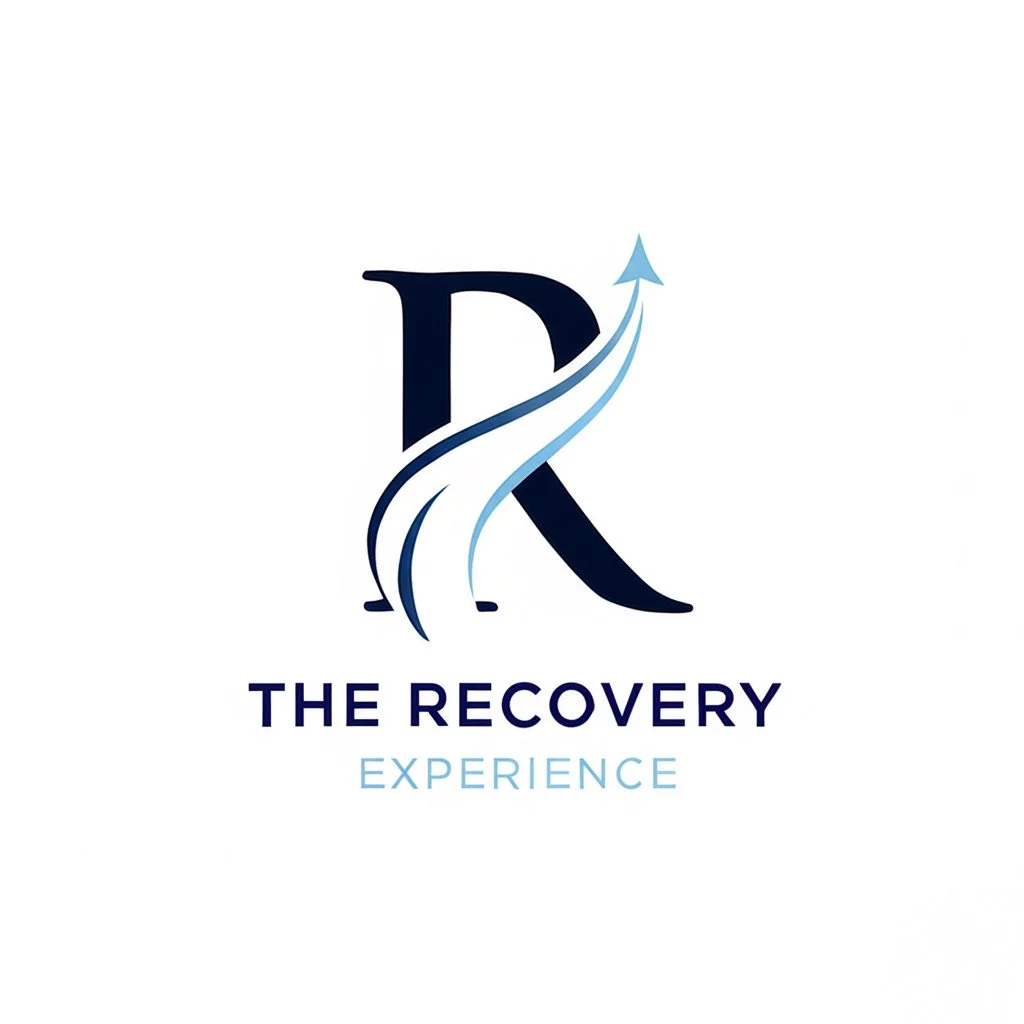The Power in Being Vulnerable
The Strength You Earn When You Let Yourself Be Seen
Recovery is often described as an uphill battle, but strength in this journey doesn’t always look like grit or toughness. Sometimes, true strength comes from allowing yourself to be vulnerable. At The Recovery Experience, we believe that vulnerability is not weakness—it’s the foundation of healing.
What Does Vulnerability Mean in Recovery?
Vulnerability is about honesty. It’s about admitting when you’re struggling, acknowledging your triggers, and being open about the pain you’ve carried. It may mean telling someone, “I need help,” or sharing emotions you’ve tried to bury. Vulnerability is allowing yourself to be seen—imperfections and all.
Why Vulnerability Matters
It breaks the cycle of shame. Speaking your truth reduces its power. Shame grows in silence; vulnerability dismantles it.
It invites genuine support. People can’t help with what they can’t see. Being open allows others to stand with you.
It builds self-trust. Each time you are honest with yourself and others, you strengthen your inner foundation.
It opens the door to growth. When you acknowledge pain, you can begin to heal it.
How to Practice Vulnerability
Journal your true thoughts and feelings daily.
Share one thing with someone you trust, no matter how small.
Allow yourself to sit with uncomfortable emotions instead of hiding from them.
Practice saying, “I don’t know,” or “I need support.”
Being vulnerable is a process—it takes practice, patience, and courage. At The Recovery Experience, we celebrate every step you take toward openness, because every moment of truth moves you closer to healing. Remember: to be seen is to be strong.
